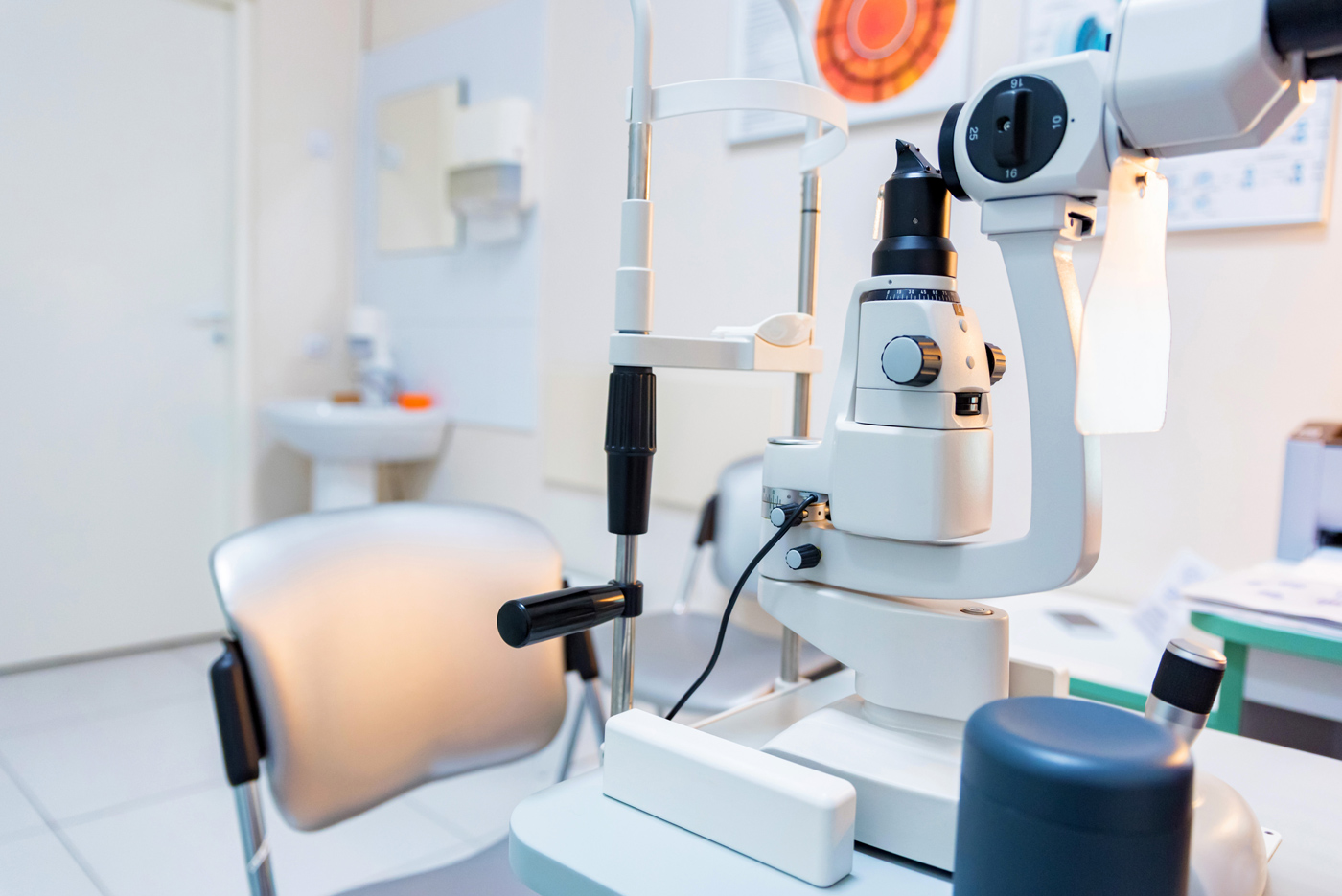How to Know When I Need to See a Neuro ophthalmologist?
Are you dealing with eye problems and can’t seem to find relief? You may be wondering if it’s time to see a neuro-ophthalmologist in Gurgaon. Neuro ophthalmologists in Gurgaon are medical specialists who are trained to diagnose and treat conditions that affect the eyes, optic nerves, brain, and nervous system. If you’re experiencing any of the symptoms listed below, it might be time to consider seeing a neuro-ophthalmologist. In this blog post from Noble Eye Care, we’ll discuss what a neuro-ophthalmologist in Gurgaon does and how to know when it’s time to seek their help.
1) If you have any doubts, it is always best to see a specialist
If you are experiencing any vision issues, it is important to seek neuro-ophthalmology service and figure out if your eye problem is serious. In some cases, a neuro-ophthalmologist may be needed. A neuro-ophthalmologist specializes in the diagnosis and treatment of neurological conditions that affect the eyes.
Some symptoms which may warrant a visit to the neuro-ophthalmologist include severe headaches, blurry or double vision, involuntary eye movements, loss of peripheral vision, and sudden vision loss.
If you are unsure if your condition requires a neuro-ophthalmology service, it is best to consult with your primary care doctor or ophthalmologist who can provide an evaluation and referral if necessary. Don’t take any chances when it comes to your vision. If you have any doubts, seek medical attention right away and make sure that you get the care you need.
2) Sudden onset of vision problems
If you suddenly experience vision problems, it is important to seek medical attention from a neuro-ophthalmologist. This type of doctor specializes in diagnosing and treating disorders of the eye, brain, and nervous system.
Some common symptoms that should be taken seriously and warrant a visit to a neuro-ophthalmologist include sudden loss of vision, double vision, blurred vision, poor night vision, or other vision changes. If you have been diagnosed with a neurological disorder, such as multiple sclerosis, or have had a recent head injury, these are also signs that you should visit a neuro-ophthalmologist for further evaluation.
3) Progressive vision loss
If you are experiencing progressive vision loss, it is important to consider a visit to a neuro-ophthalmologist. This type of specialist is trained in the diagnosis and management of complex eye diseases.
Neuro-ophthalmologists are also uniquely qualified to evaluate visual disturbances that originate from neurological causes such as optic neuritis, stroke, and traumatic brain injury. They can also provide effective treatment for vision impairments resulting from such conditions. If you are having problems with your eyesight and suspect something more than the ordinary, it is worth consulting a neuro-ophthalmologist for a proper assessment and treatment plan.
4) Diplopia or binocular vision problems
If you’re having issues with diplopia or binocular vision problems, it may be time to visit a neuro-ophthalmologist.
Diplopia, commonly known as double vision, is an eye condition that occurs when both eyes point in different directions, resulting in two images of a single object being seen. While this can sometimes be corrected with eyeglasses, if it persists, it may be an indication of an underlying medical condition and requires further examination by a neuro-ophthalmologist.
Similarly, binocular vision problems, such as difficulty with depth perception and stereopsis (the ability to fuse two images into one three-dimensional image), can also be caused by an underlying issue and should not be overlooked. If you’re experiencing any of these issues, don’t delay—schedule an appointment with a neuro-ophthalmologist today.
5) Severe headaches with vision symptoms
Headaches accompanied by vision symptoms such as blurry or double vision, seeing spots, blind spots, or a loss of peripheral vision may warrant a visit to a neuro-ophthalmologist. If the headaches are severe and persistent, these symptoms should not be ignored, as they could be indicative of a more serious underlying medical condition.
Conclusion
Eye problems can be scary and make us worry about our vision, but many times they don’t require a neuro-ophthalmology service. However, if you’re having vision problems that are serious or recurrent, it may be time to seek a specialist. In this blog post, we’ll discuss five situations in which it’s important to make an appointment with a neuro-ophthalmologist. From double vision to sudden blindness, we’ll explain when your eye problem is serious enough to warrant a trip to the doctor.


Recent Comments